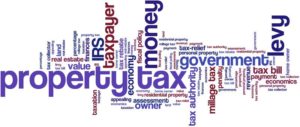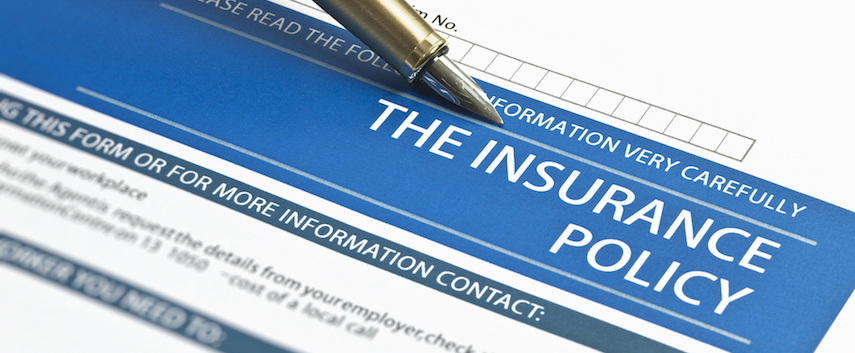Mortgage rates remain below 3% for the 30-year-fixed-rate mortgage as we close out the month of August 2020. First time buyers are enthusiastically looking to home ownership as an alternative to renting and current homeowners are taking advantage of money saving refinancing options. So, what does this mean to you, the homebuyer or homeowner? If you have good credit, steady employment, and a sizable down-payment, you’re in great shape to get or refinance a mortgage loan.
Q: Will my mortgage’s interest rate be higher than the one advertised?
A: When you see an ad for a low interest rate, notice the disclaimer saying this is the best possible rate. This rate goes to loan applicants who are relatively debt free, have a credit score of at least 750, and a down payment of 20% or more. When your credit history and cash reserve is not that spectacular, you’re considered more of a risk so your interest rate will be higher.
Q: Must a first-time buyer have a 20% down payment?
A: The best interest rates go to buyers having a down payment of 20%, but there are plenty of ways to put down less and still get a mortgage. A Federal Housing Administration (FHA) loan lets borrowers put down as little as 3.5% with a decent credit score and steady employment for at least two years. Active or retired military (or a surviving spouse of a veteran) can apply for a VA (Veteran Affairs) loan that allows 0% down.
For non-veterans, the State of Michigan as well as most banks and credit unions offer loan programs that enable borrowers with low income to receive a down payment subsidy.
Q: Is a 30-year fixed-rate loan the best option?
A: The 30-year loan with a fixed interest rate is the best mortgage for most home buyers. Adjustable-rate mortgages are often discouraged, but the lower interest ARM makes sense if you plan to move before the rates adjust to the full rate. An ARM may also make sense if you can’t afford a home with a higher rate fixed-rate mortgage.
A 15-year loan greatly reduces your interest payout, if you can afford a monthly payment that is approximately 30% higher than that of a 30 year mortgage. The upside to a 15 year mortgage is that its lower interest rate (2.46%) and shorter term will yield a savings of approximately 75% in interest over the life of the loan.
Q: What is private mortgage insurance?
A: If you can’t afford to make a 20% down payment, you’ll have to pay private mortgage insurance. PMI is a protection for lenders if the borrower is unable to pay the mortgage. Since your lender loses money, PMI helps to offset that loss. You can expect to pay about 0.3% to 1.15% of your home loan in PMI. This can be a sizable sum, but it makes sense if you want to buy a home now rather than wait until you can amass a bigger down payment.



